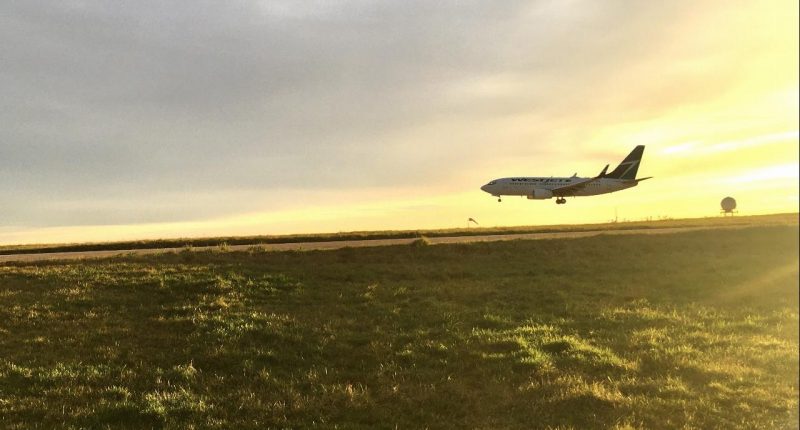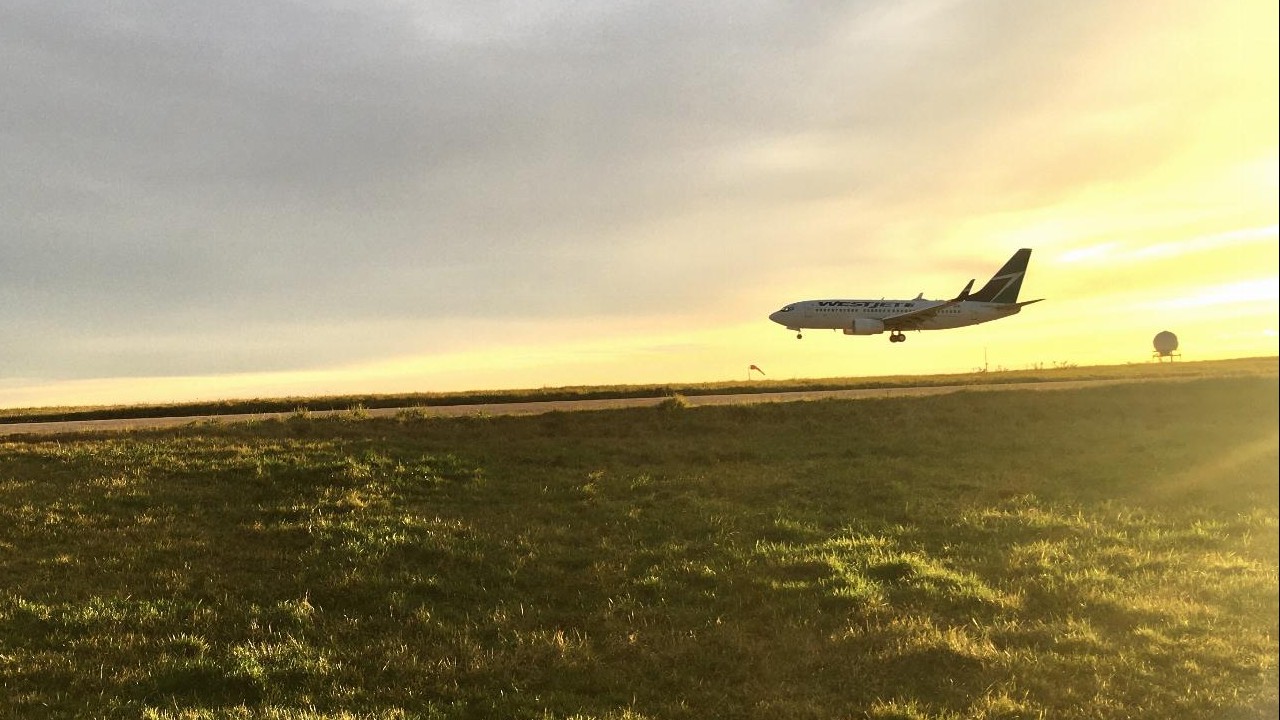In a survey conducted by The Angus Reid Institute in December 2020, Canadians were asked what they were most looking forward to once the pandemic ended. The top three answers included getting back to their normal routines, being able to hug their loved ones again and travelling. Forty-two per cent said they were pining to travel internationally again – something many governments have advised against or simply barred since last March.
Travel Bubbles
While large-scale travel seems impossible at this time, there are some companies trying to come up with innovative alternatives to promote safe passage. One of these companies is Loop Insights (TSXV:MTRX), a Vancouver-based Internet of Things technology company. Loop has created a platform called the Travel Bubble.
It’s based on the same successful technology the company deployed at two NCAA basketball tournaments last year. The Travel Bubble connects to a user’s digital wallet and holds any travel-related digital documents. Loop Insights CEO Rob Anson said users can upload COVID-19 test results and vaccination records, creating a place where all of one’s pertinent information can be found.
“These are the big things that all the airlines and the cruise operators, hospitality operators, are all looking for today and it’s something we’re already live, in the market with,” Anson said.
The Travel Bubble allows air carriers and hotels to ensure people are vaccinated or have proof of negative COVID-19 tests through contactless check-ins. Anson said the Travel Bubble is able to provide real-time reports and exposure notifications to ensure end-to-end protection.
Anson went on to say Loop has had conversations with numerous companies within the tourism industry, as well as provincial and federal governments about the Travel Bubble and its ability to create safer travel. The goal Anson said is to provide an alternative to mandatory quarantines.
Anyone flying to Canada must quarantine for 14 days and as of January 7, a negative COVID-19 PCR (polymerase chain reaction) test is also required. The International Air Transport Association reported that due to closed borders and quarantine rules, the most recent estimates show the aviation sector’s direct GDP contribution to Canada’s economy dropped by USD$10.39 billion in 2020 compared to 2019, placing approximately 146,000 Canadian jobs at risk.
Touchless Travel
SimpliFlying, a Canadian global aviation marketing consulting firm, has been advocating for a robust opening strategy in order to get the industry out of the red. Shashank Nigam, the CEO of SimpliFlying, said in the last year the company has been solely focused on COVID-19 efforts.
According to Nigam, “airlines have been advocating for testing for a few months and now that the government has done it, although not in the nicest manner without the right amount of notice, I think things are moving in the right direction where travel recovery is closer than it was before.”
Nigam said there are three steps to rebuilding trust within the industry. Those steps include biosafety measures, testing and contact tracing. He said contact tracing is an area where airlines and airports are still failing to make headway, and instead are relying on governments to step in.
“Airlines today are short of people because of all the people that have been laid off. And airlines are short of time – airports too. So if local private companies …. step-up and help airlines with testing and tracing and all of these things that airlines have never done before, we can get to a solution must faster,” said Nigam.
With the pandemic making permanent changes to the industry, Nigam said he thinks touchless travel will remain.
“Touchless travel is something that has been accelerated by five years, if not 10 years. In fact, I wouldn’t be surprised if the first airline representative you meet on your travels is the flight attendant inside the aircraft.”
Exposure Notifications
Vancouver’s TEN-3 Communications has developed an exposure notification app that can be used in a number of industries, including the aviation sector. The company’s CEO Ian Matheson said when using it on an aircraft for instance, because the app has your seat information, it can connect your bubble with those sitting near you.
“When you sit on that plane, you open an event bubble and then when you leave, you close that bubble.”
“If in the interim, yourself or anyone else attached to the same event bubble gets a positive COVID-19 test, you are able to report that,” Matheson said.
The TEN-3 Timely Exposure Notification app is anonymous, privacy protected and GDPR compliant.
“With our app, we’re following the passenger journey. No matter where they go, which flight they connect to and which countries. If they’re using this app they can tell anybody and everybody in the world instantaneously,” he added.
Matheson said what makes this platform different from Canada’s COVID Alert app is that it has a multi-factor verification process that is international. Another element it provides is that it can send public health officials a report outlining positive test results within event bubbles.
“Exposure notification is about getting to people immediately to help contact tracers do their job,” he said.
Matheson said the company has been trying to get airlines to step up in this area. He said there’s one airline in Canada undergoing a trial of the platform and said there’s been great interest from international carriers.
Testing
Testing is one of the areas many companies have pivoted their resources to pursue. For instance, Datametrex AI (TSXV:DM), a technology company headquartered in Toronto, is distributing COVID-19 test kits approved by Health Canada. The 1copy COVID-19 qPCR Multi Kits are also able to detect the newest virus strain first detected in the United Kingdom.
Datametrex AI recently launched a COVID-19 testing concierge service for those in Toronto and Vancouver to do so before they fly. The service allows for at-home testing as opposed to going to a government-approved testing location. The test is a standard nasal viral PCR lab test and can provide results within 48 hours.
This kind of access to testing comes at an ideal time, as new testing requirements are being introduced by governments. It’s unclear how or when Canada’s borders may reopen, but if companies are working toward creating safe, evidence-based technologies, it could be sooner rather than later.





